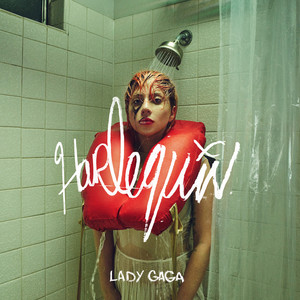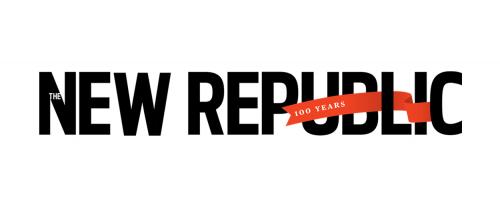As The New Republic celebrates its one hundredth year of publication, a great amount of change has swept through the offices of the magazine. Depending on who you speak with, the changes thrust upon the magazine are either a step in the right direction, bringing a publication in decline up to 21st century standards, or a horrific slaughter of the journalistic integrity and quality that the organization has rested on for decades. On December 5, 2014, just over one hundred years after the first edition was published in Washington, D.C., over two dozen staffers and contributing editors submitted their resignations to the Editor-in-Chief in protest of his ideas to give the magazine a new identity as a digital media company. The current Editor-in-Chief, Chris Hughes, has been in charge of The New Republic since 2012; he is also a co-founder of Facebook, the world’s largest social media service. He purchased the newspaper in 2012.
Under its new ownership, The New Republic became more focused on society and culture as a whole, with less emphasis on the publication’s trademark political reporting. When The New Republic was initially founded, it was one of the most prominent liberal voices in America, eventually becoming a very vocal proponent of America’s entrance into the First World War. Over the years, as political viewpoints developed, the magazine withstood the changing politics of our nation. From voicing discontent with the Vietnam War to supporting intervention in Bosnia, The New Republic always stood for something. And although the views expressed by the magazine cater to only one end of the political spectrum, it serves as a great example of the journalism produced by our free press. That’s something we should all be proud of, regardless of political affiliation.
On December 5, writers, editors, and contributing editors left a one hundred-year-old publication because of what they feared it would become. They feared then, and still do now, that The New Republic’s latest owner will throw away the legacy carried on by generations, in favor of creating what could essentially just be another technology publication, driven by page views on the internet and interaction on social media. These new ideas in journalism, although gaining traction in the industry with companies such as BuzzFeed, do not have a place in a publication marked by success in producing hard news. The changes could bring not only new ways of obtaining and presenting the news, but also on the content itself. That’s what the staff members fear. Nobody in the industry should fear the internet and the rise of social media. What should be feared is a disregard for journalistic integrity in the name of revenue. That’s what it all comes down to, like many things in our world today: money.






























